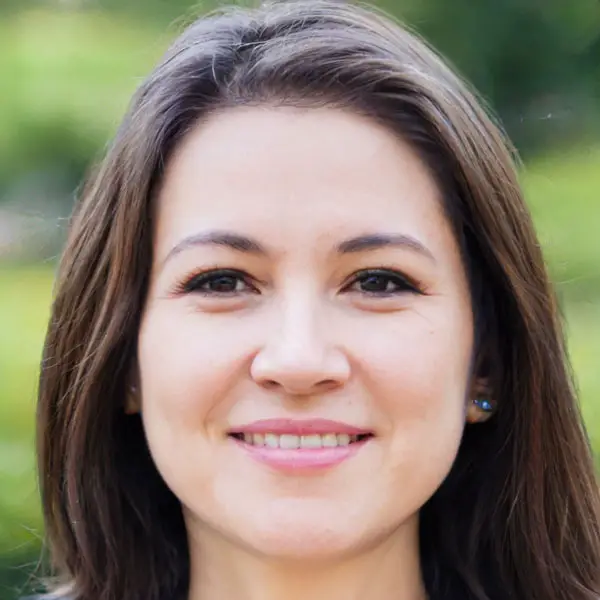Welcome to a journey through the tapestry of Nigerian culture, as we explore the profound depth and intricate beauty of male names within this vibrant West African nation. Nigerian names are more than mere identifiers; they are borne of rich traditions, carry deep meanings, and often echo the aspirations that parents hold for their sons. By delving into the meaning and origins of these names, we offer not only insight into the heritage that shapes them but also the stories that they tell—stories that are steeped in history, influenced by diverse languages, and reflective of the multifaceted nature of Nigerian society. As you walk through this cultural mosaic, let the knowledge of these names light your path, whether you’re honoring your own ancestry or simply appreciating the diversity this world has to offer.
Meaning and Origins of Nigerian Male Names
Unraveling the Story Behind Nigerian Male Names
When welcoming a new little bundle of joy into the world, naming is one of the most beautiful ways to honor a rich heritage. In Nigeria, male names aren’t just chosen based on their melodic sounds; they carry with them stories, hopes, and ancestral connections that are as vibrant as the Nigerian culture itself. Names hail from various ethnic groups like the Yoruba, Igbo, and Hausa, each with their unique linguistic flourish and cultural depth.
Take for example the Yoruba name “Olusegun,” which translates directly to “God has been victorious.” It’s reflective of a story of triumph – perhaps an overcome struggle the family has been through or a collective hope for the child’s future resilience and success. It’s a name that sets a precedent, oozing positivity and strength from the moment it’s bestowed upon a newborn. Where there’s history woven into the syllables of a name like “Chinedu,” from the Igbo community, meaning “God leads,” there is a deep-seated faith and a guiding principle that the child can carry through life’s journeys.
Reflecting on the Hausa naming tradition, names such as “Usman,” meaning “the third-born,” offer a direct connection to the child’s place within the family legacy, suggesting both a personal identify and a communal connection. These names are not merely labels; they’re narrative arcs that celebrate life’s milestones, embody personal and collective experiences, and encapsulate the values that are most cherished in Nigerian households. By understanding the tales behind Nigerian male names, it becomes clear that each one is a powerful conveyance of identity and cultural heritage, uniting generations and telling the story of a people through time.

Photo by ilyacreates on Unsplash
Choosing a Nigerian Name for Your Son
When setting out to pick the perfect Nigerian name for a boy, consider looking at the attributes and virtues you hope to see in your child. Names can be prophetic, bestowing a sense of identity and a blueprint for life. In many Nigerian communities, there’s a strong belief that a name can influence a child’s character and fate. So, take a moment to reflect on qualities such as strength, wisdom, and courage. Names like “Ugochukwu,” which means “God’s Eagle” in Igbo, or “Adebayo,” translating to “he came in a joyful time” in Yoruba, not only sound regal but also carry auspicious meanings.
Another angle to approach this delightful task is to consider times and seasons. Some names commemorate events or circumstances surrounding the birth. For example, if your boy is born during a significant period, like the end of a hardship or a festival, you could opt for names like “Ayodele,” which means “joy has come home” in Yoruba, celebrating a joyous occasion. Moreover, the consultative process is invaluable. Engage with family elders, as their wisdom and experience often provide a wealth of knowledge and insight into the cultural depth of certain names. They might suggest a name that strengthens the boy’s ties to his roots, ensuring that the chosen name resonates with the familial lineage and cultural narrative.
Lastly, while picking a name, consider its versatility and ease of pronunciation beyond the immediate cultural context, especially if the child will be navigating international spaces. Parents should think about the adaptability of the name in different social and professional environments. Doing so ensures that the child carries a name that is both a symbol of heritage and a mark of global citizenship.

The art of name-giving is a cherished ritual, a reflective moment when parents bestow upon their child a name that resonates with cultural identity, community belonging, and personal significance. Through the guidance and contemplation we’ve shared, selecting a Nigerian name for a son becomes not just a decision, but a celebration of heritage, a hope for the future, and an embrace of the wisdom carried through generations. May every child named in this enduring tradition grow to embody the strength and spirit their name envisages, forging a link in the unbroken chain of their lineage and making their own indelible mark upon the world.

As a mother of four very energetic children, Emilia knows how chaotic motherhood can be. She’s learned a lot of lessons along the journey so far and loves sharing the tips & tricks she’s picked up over the years with anybody else on the same life path.

